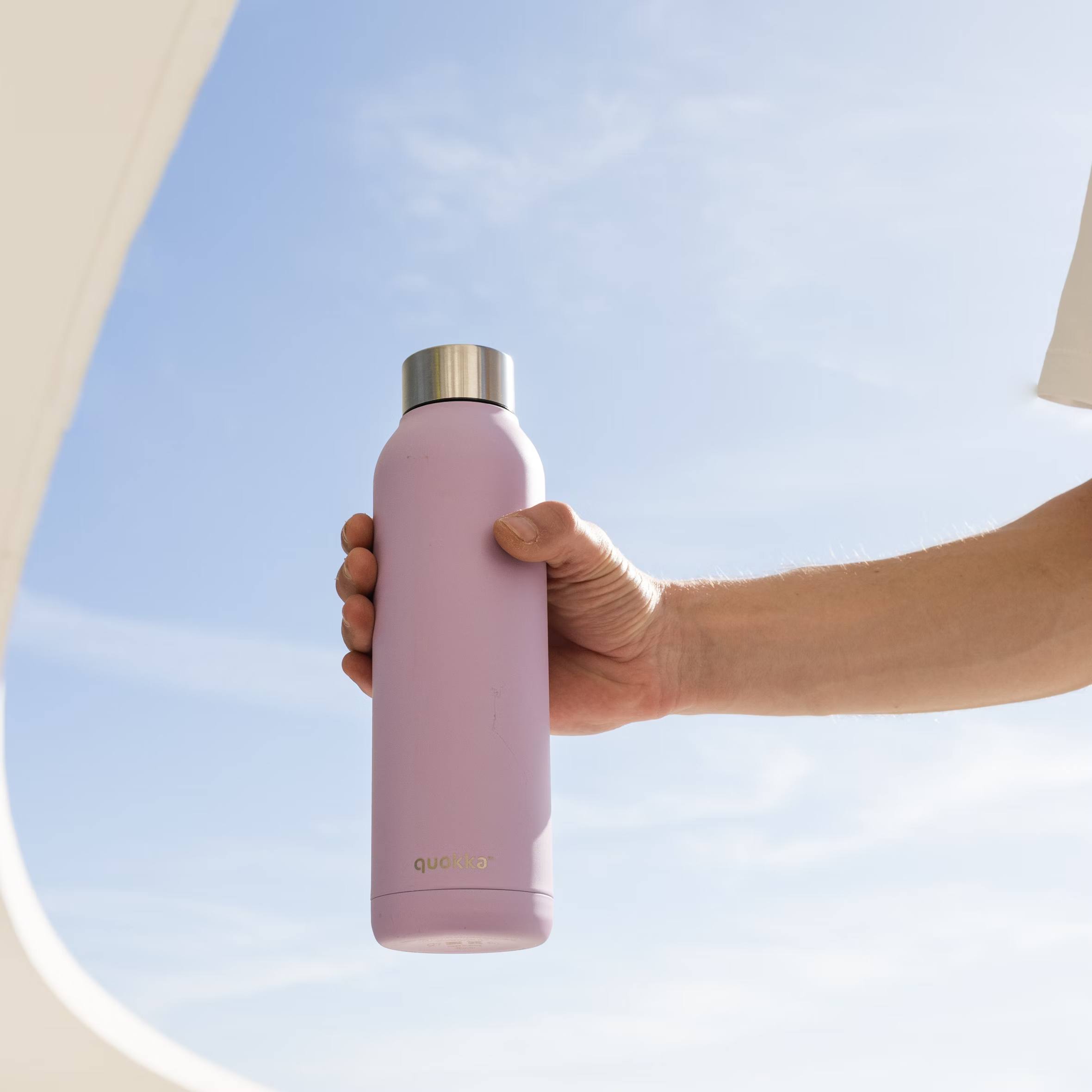Introduction
With so many water bottles on the market, choosing the right one can be overwhelming. Do you need an insulated tumbler? A leakproof bottle? A straw lid? This guide breaks down the different materials, features, and sustainability factors to help you find the perfect water bottle.
Types of Water Bottle Materials
- Stainless Steel
- Pros: Durable, insulated, BPA-free, keeps beverages hot or cold for hours.
- Cons: Heavier than plastic, more expensive.
- Best for: Those who want a premium, long-lasting option like Stanley, Montigo, or Hydro Flask.
- Plastic
- Pros: Lightweight, affordable, shatter-resistant.
- Cons: Can retain odors, less durable, may contain BPA if not carefully chosen.
- Best for: Budget-conscious buyers who prefer BPA-free options.
- Glass
- Pros: Does not retain flavors, environmentally friendly, chemical-free.
- Cons: Fragile, heavier than plastic and stainless steel.
- Best for: Those who prioritize purity and eco-friendliness.
Key Features to Look For
- Insulation – Keeps drinks cold for up to 24 hours and hot for 12 hours (ideal for travelers and office workers).
- Leakproof Design – Prevents spills in your bag, perfect for commuting.
- Straw or Flip Lid – Convenient for easy sipping, great for gym-goers and drivers.
- Size & Portability – Choose between 20oz to 40oz options based on your hydration needs.
- Ease of Cleaning – Look for wide-mouth bottles for easy refilling and washing.
Sustainability & Eco-Friendliness
- Reusable water bottles significantly reduce plastic waste.
- Brands like Stanley, Hydro Flask, and Owala use recycled stainless steel to minimize their environmental impact.
- Investing in a high-quality bottle prevents the need for constant replacements, reducing overall waste.
Conclusion
Finding the perfect water bottle depends on your lifestyle, preferences, and sustainability goals. Everhydrate offers a variety of premium water bottles, ensuring you stay hydrated in style while making an eco-conscious choice.

